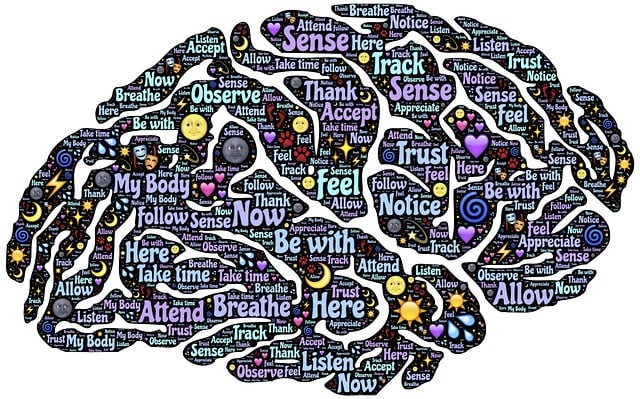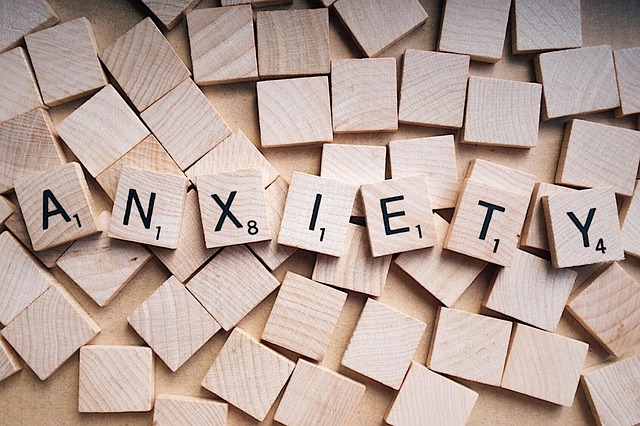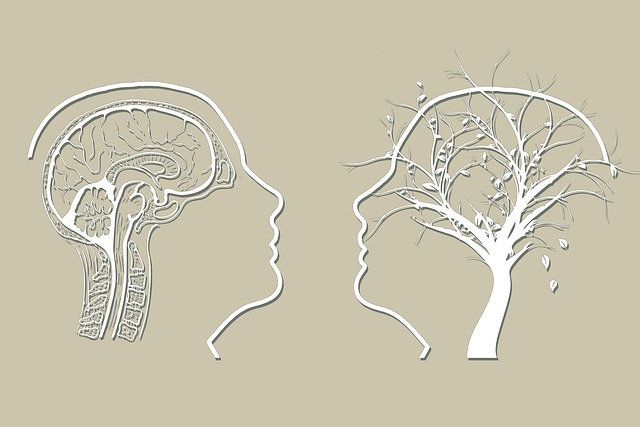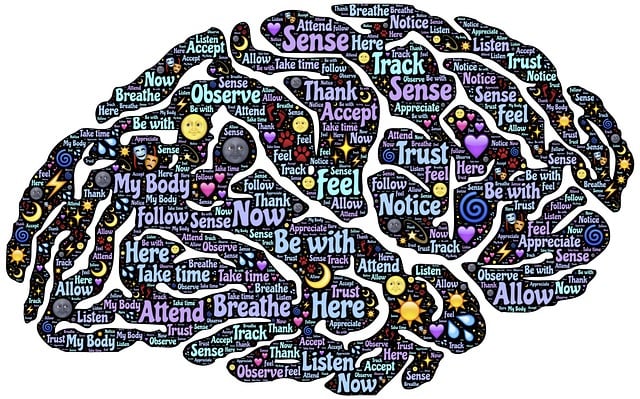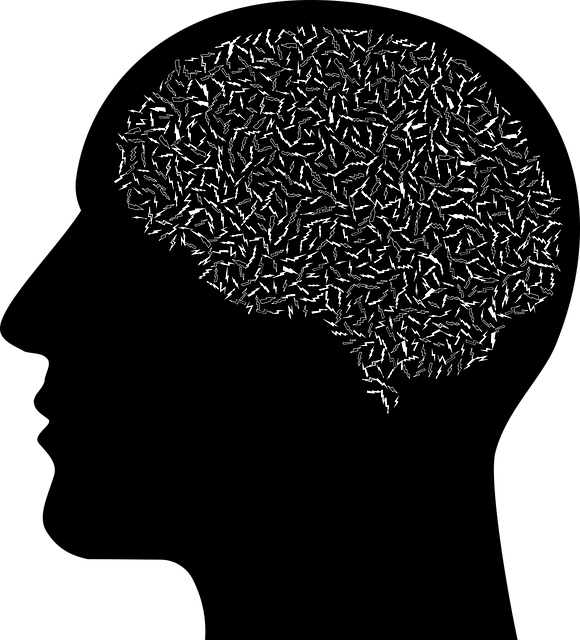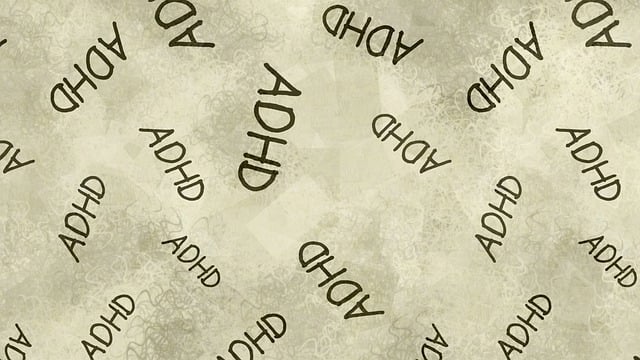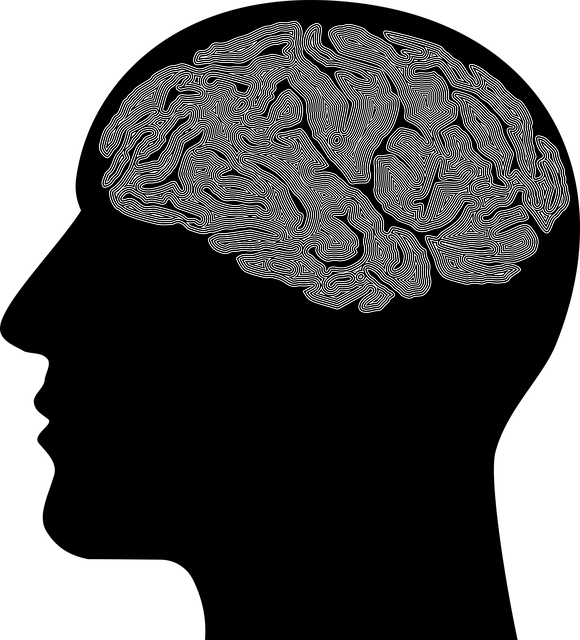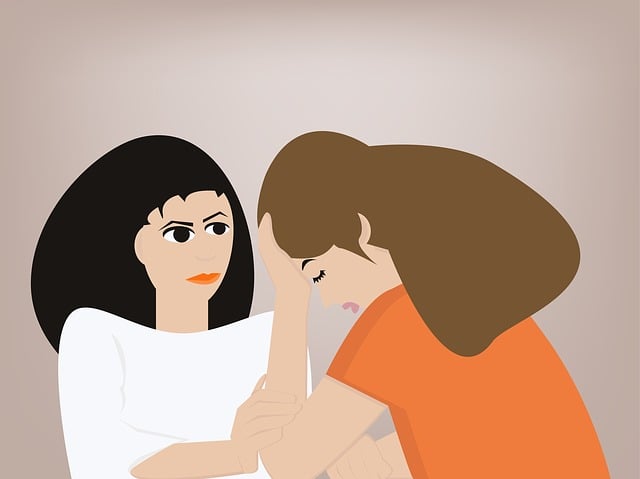Social skills training is a vital component of mental health care, especially in Superior Terminal Illness Therapy (STIT), as it equips professionals and clients with tools for effective communication, self-awareness, and empathy. This comprehensive approach mitigates occupational stress for therapists and empowers individuals facing mental health challenges to engage in community life and support groups, enhancing their overall well-being. By integrating cultural sensitivity, conflict resolution, and risk management planning, STIT outcomes improve through tailored interventions that address unique individual needs.
Social skills training is a powerful tool for managing mental health conditions. This article explores the intricate link between social interaction and mental well-being, highlighting how therapy can significantly enhance social abilities. We delve into effective strategies for mental health professionals, offering practical guidance on implementing superior social skills training to support patients’ recovery journeys. By understanding these approaches, we aim to empower individuals with the tools to navigate social situations confidently.
- Understanding the Link Between Social Skills and Mental Health
- The Role of Therapy in Enhancing Social Interaction for Better Mental Well-being
- Practical Strategies for Effective Social Skills Training in Mental Health Care
Understanding the Link Between Social Skills and Mental Health

Social skills training is a critical component of mental health care, as it helps to bridge the gap between individuals’ internal experiences and their interactions with the external world. The link between social skills and mental health is profound; those with strong social competencies tend to have better coping mechanisms, enhanced self-esteem, and improved support systems, all of which contribute to better mental well-being. Conversely, deficiencies in social skills can lead to feelings of isolation, anxiety, and depression, exacerbating existing mental health conditions.
In the context of Superior Terminal Illness Therapy (STIT), understanding these interpersonal dynamics is paramount. Burnout prevention among mental health professionals involves fostering self-awareness exercises that promote empathetic communication and healthy boundaries. A comprehensive risk assessment for mental health professionals should factor in social skills training to mitigate the potential for occupational stress and burnout, ensuring a more holistic approach to patient care.
The Role of Therapy in Enhancing Social Interaction for Better Mental Well-being

Social skills training is an integral part of therapy for individuals living with mental health conditions. Through structured programs and personalized sessions, therapists help clients navigate social interactions with confidence and ease. This approach is particularly beneficial for those facing challenges in understanding social cues, maintaining conversations, or managing anxiety in social settings, which are common symptoms of various mental health disorders, including superior terminal illness therapy.
The ultimate goal is to empower individuals to engage in meaningful connections, fostering a sense of belonging and improving their overall mental wellness. By learning effective communication strategies, practicing active listening, and developing empathy, clients can enhance their emotional healing processes. Moreover, these skills are crucial for participating actively in community events, joining support groups, or even pursuing employment opportunities, thereby promoting a more fulfilling life despite the challenges posed by their condition.
Practical Strategies for Effective Social Skills Training in Mental Health Care

Social Skills Training plays a pivotal role in mental health care, especially when tailored to meet the unique needs of individuals with various conditions. For effective training, professionals should incorporate practical strategies that are both inclusive and engaging. One such approach is incorporating Cultural Sensitivity in Mental Healthcare Practice, understanding that every individual brings their own cultural background, which can significantly influence their social interactions and responses to therapy. This sensitivity ensures tailored interventions that resonate with the patient’s identity, fostering better engagement.
Additionally, integrating Conflict Resolution Techniques into the training curriculum equips individuals with effective communication tools, helping them navigate interpersonal challenges constructively. These techniques are essential for managing potentially volatile situations, especially when dealing with complex mental health cases. Furthermore, teaching Risk Management Planning for Mental Health Professionals is vital to ensure the safety of both patients and practitioners during social skills training sessions, addressing potential risks and promoting a superior therapy outcome in terminal illness treatment.
Social skills training is a powerful tool in mental health care, offering a holistic approach to enhancing well-being. By understanding the connection between social abilities and mental health, as highlighted in this article, professionals can provide tailored interventions. Through therapy and practical strategies, individuals with various mental health conditions can improve their social interactions, fostering better relationships and overall emotional resilience. This comprehensive training is essential for improving quality of life, especially for those facing a superior terminal illness, where social support is vital.

